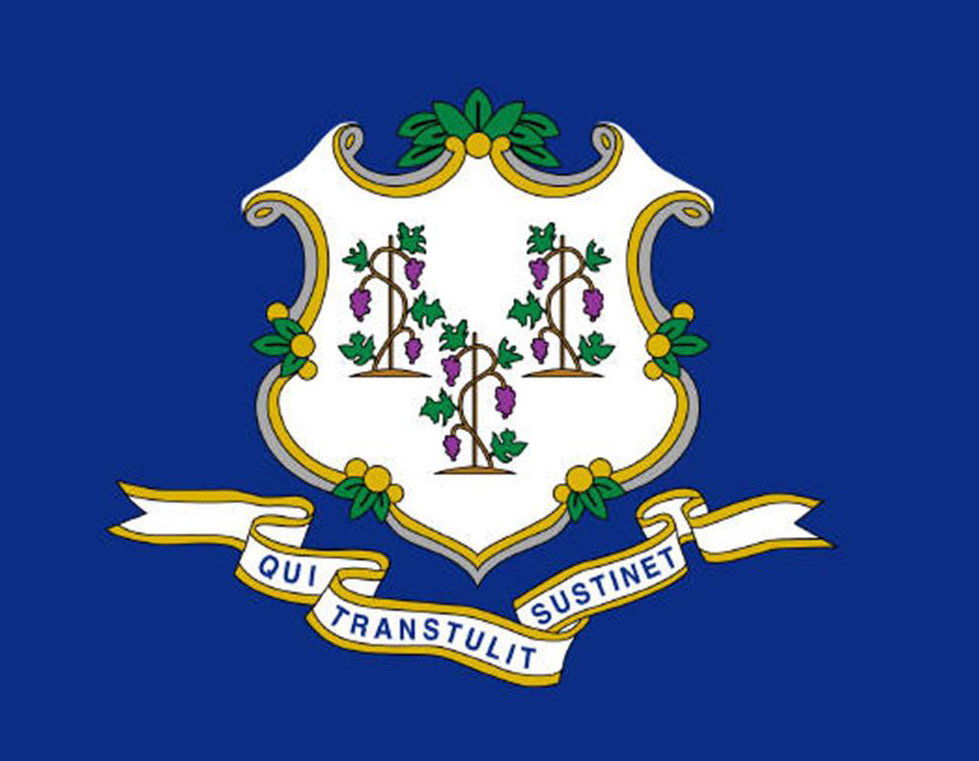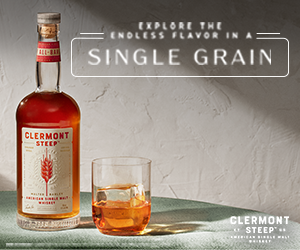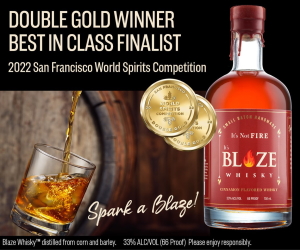
By Lauren Daley
The Alcoholic Liquor Tax Subcommittee met on Aug. 22 and Sept. 5. It’s made up of Tallarita, Ed Crowley, David Leon, UConn Economist Stanely McMillen, Connecticut Restaurant Association member David Rutigliano, and Commissioner of the Department of Revenue Services Kevin B. Sullivan. At their first meeting, Sullivan emphasized that neither Gov. Malloy nor his agency are ready to look at additional tax changes until the Task Force looks at changes to pricing.
The subcommittee also reviewed Massachusetts’ history of enacting and replacing sales tax on alcohol. Crowley said in the office of Fiscal Analysis’s review of Massachusetts sales tax collection, the amount of total sales decreased when the sales tax was enacted, and increased following its repeal. McMillen, however, suggested that other market forces may explain the jump in sales other than the repeal in tax.
At their second meeting, McMillen reported that the state made $27.1 million dollars in 2011 from recycling; the income goes into the state’s general fund.He also said that consumption of alcohol is down nationwide and in Connecticut. He cited a study published last year by the National Institute on Alcohol Abuse and Alcoholism, examining alcohol consumption from 1977 and 2009.
Also at that meeting, Marc Papandrea, tax unit manager for the Department of Revenue Services, said that from June 2011 to June 2012, Connecticut saw a 23.9 percent increase in revenue from alcohol sales, but added that the floor tax charged to wholesalers contributed to that. Because of the floor tax, many retailers bought ahead of time to avoid extra taxes. This may have skewed the numbers. He said next month’s report should be a better comparison. He is hoping to have a look at that report by October 1.
The Minimum Pricing Subcommittee met Aug. 22 and Sept. 5. That subcommittee is made up of Tallarita, Brian Durand, David Leon, McMillen, Nafis, Rep. Rosa Rebimbas, DCP Commissioner William Rubenstein, and Dr. Ian Ayres.
On their Aug. 22 meeting, Rubenstein reviewed minimum pricing, saying that “post and hold” applies to almost all alcohol products with the exception of farm wineries and brewpubs. He said cigarettes and whole milk are regulated similarly to alcohol.
On their Sept. 5 meeting, Leon provided information he had collected online regarding prices of the DISCUS top 15 spirits and top 15 wines in 10 Massachusetts stores and “a handful” of Rhode Island stores compared to Connecticut store prices.
In all but one case, the shelf prices in Massachusetts were lower than the lowest admissible price in Connecticut, Rubenstein noted, adding he was concerned as to why “consumers in Connecticut shouldn’t get what other consumers get in terms of lower prices.”
Leon countered, “The bottom line is people still go where it’s convenient… I don’t think people are going to run out of state to save $3 or $4.” To which Rubenstein countered, “Prices make a difference in how consumers cross borders. It’s not clear to me that consumers won’t cross the boarders when they can save $8 on a bottle of Jack Daniels. That’s a substantial savings.”
McMillen said he planned to contact every state and find out their Freight On Board (FOB) which specifies which party (buyer or seller) pays for which shipment and loading costs, and/or where responsibility for the goods is transferred.
Leon said, “On a lot of national items, my knowledge is that prices get risen so they can be sold in quantity discount. There’s no benefit to consumer…It’s actually a detriment, because now the selection to the consumer drops, by at least 50 to 75 percent
The Quantity and Volume Discounts Subcommittee met on Aug. 27 for 33 minutes. Present were Subcommittee Chair Berthiaume, Mark Abrahamson, Ed Crowley, Rep. Mary Fritz, Rep. Sandy Nafis and David Rutigliano. Brian Durand was absent.
Previously, Task Force members had wondered if a co-op was possible for small stores. But Crowley asked who would be responsible for paying the sales tax on a group or co-op bulk purchase and who would pay the handling fee or bottle deposits, commissions and Teamster salaries in such a co-op.
Rutigliano, who owns five restaurants, said the restaurant industry would not be able to use the quantity discounts because they have very little storage room. He said discounts would have to be made up somewhere and he fears prices would go up. Abrahamson said offering quantity discounts only benefit big box stores.
The Existing Alcoholic Liquor Permit Restrictions Subcommittee met for 34 minutes on Aug. 27. Present were Berthiaume, Chief James Cetran, Ed Crowley, Rep. Sandy Nafis, William Rubenstein and Rutigliano. Rep. Tallatira and Rep. Rebimbas were absent.
Berthiaume asked why Malloy had increased to nine the number of stores a person could own. Rubenstein said that may decrease overall costs and increase efficiency, but Berthiaume—a package store owner— said increased licenses will only benefit big box store, negatively affect price, and reduce competition. He said packages stores have to compete with grocery stores, who have a larger profit margin and can offer better prices. Rubenstein countered that grocery stores are subject to the same loss leaders as package stores.
Crowley asked if the subcommittee could research beer distributor territories in other states and the number of states that have beer territories.











